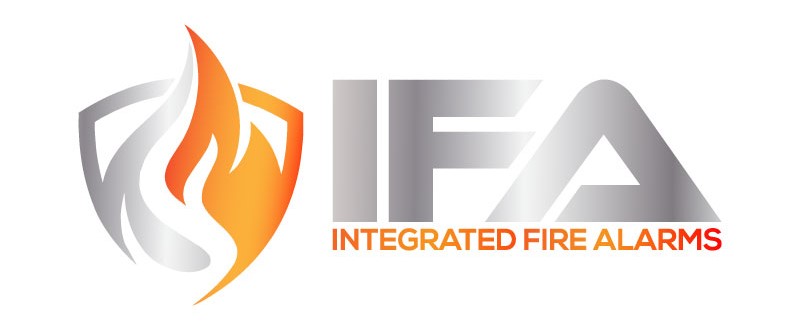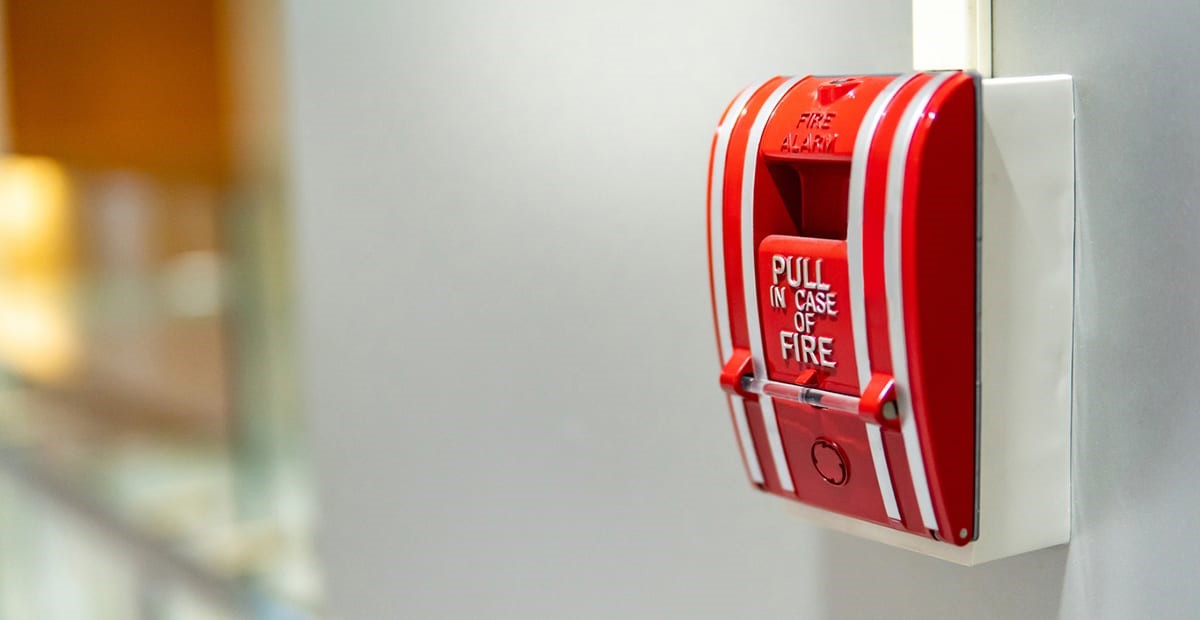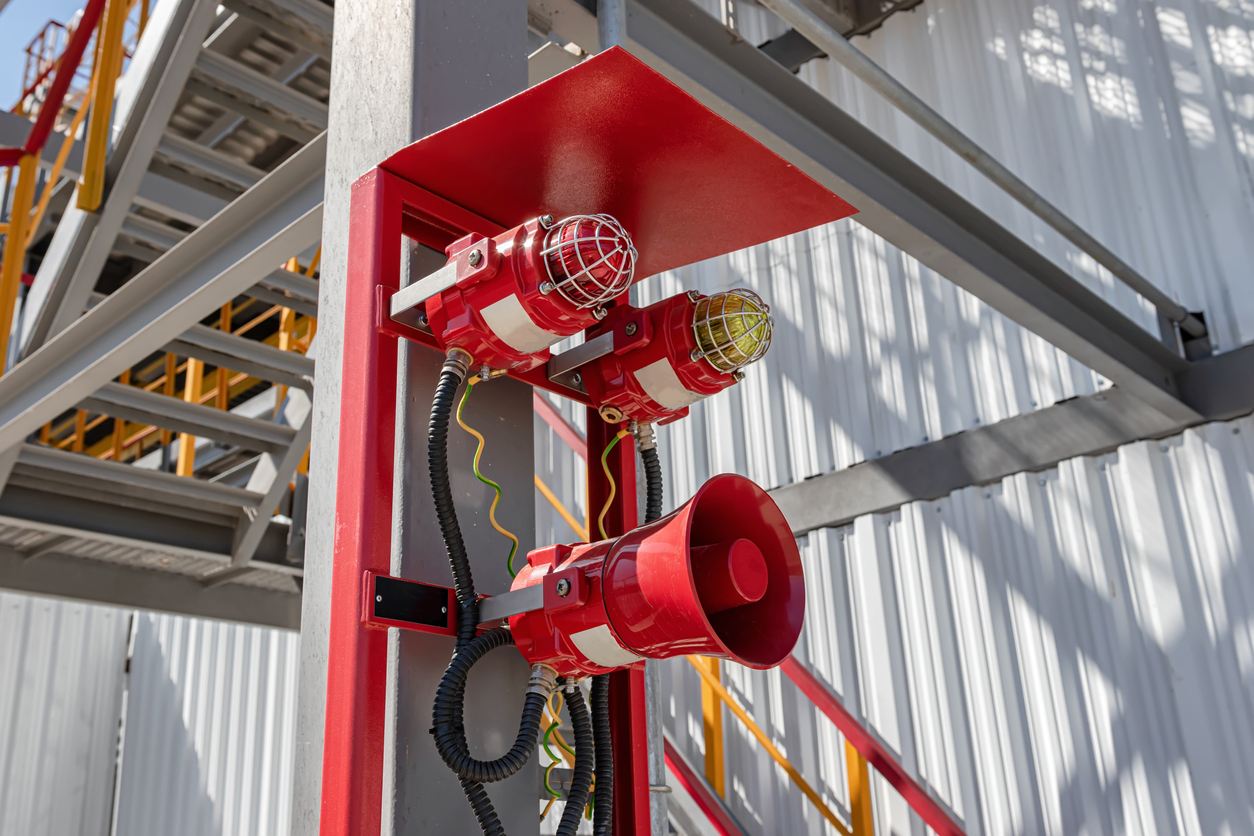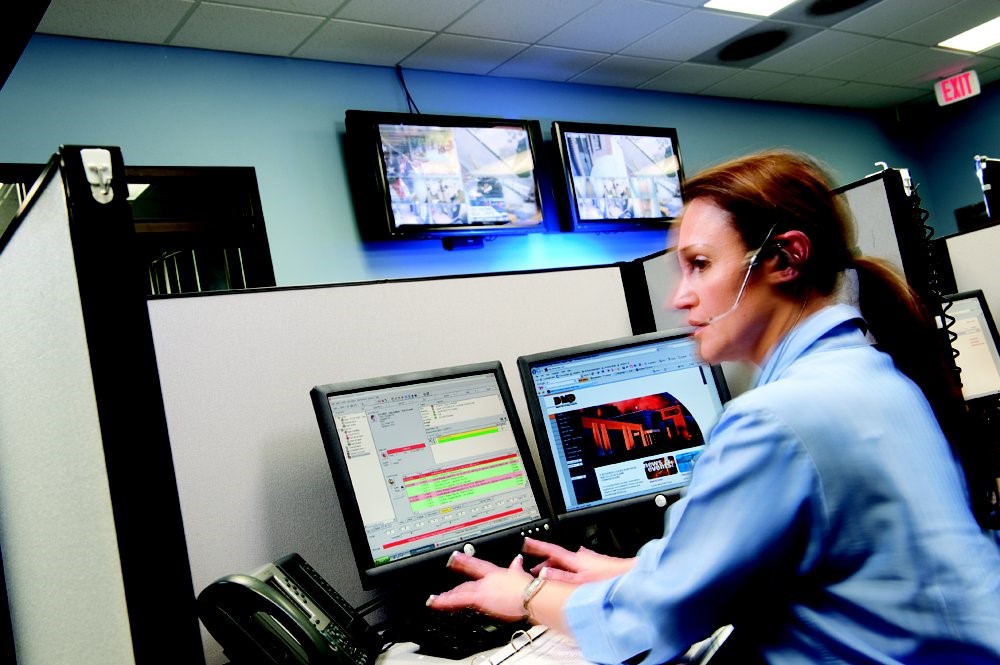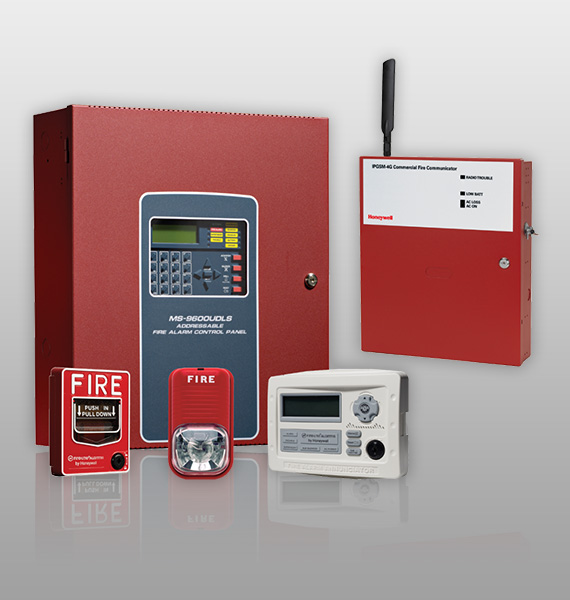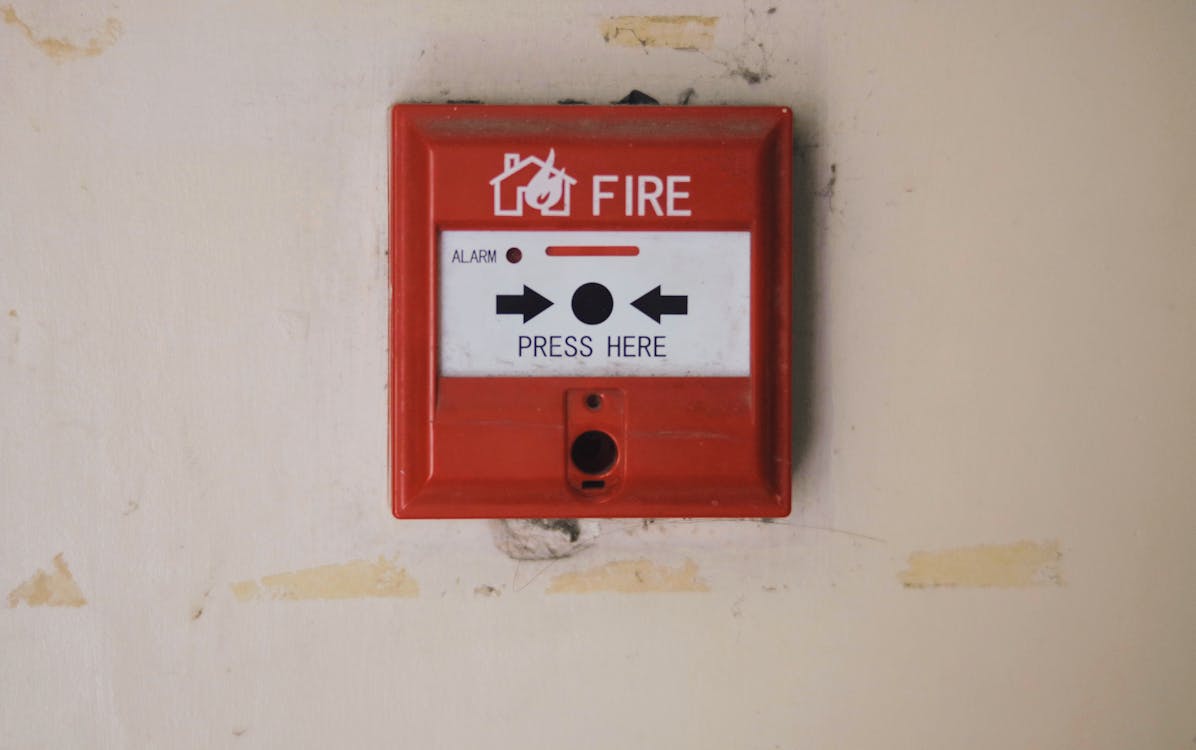
Image Source: FreeImages
The safety and security of a commercial establishment are of utmost importance, and a crucial aspect of that is the installation and maintenance of an effective fire alarm system. In this comprehensive guide, we will explore the various facets of commercial fire alarm monitoring, its benefits, and how it can help protect your business.
Introduction to Commercial Fire Alarm Monitoring
Commercial fire alarm monitoring is a 24/7 service that connects your fire alarm system to a central monitoring station. This station is staffed by trained professionals who monitor your building for smoke, heat, and other fire hazards. In the event of a fire, they notify the appropriate emergency response teams, ensuring a quick and efficient response to protect your property and its occupants.
Primary Benefits of Commercial Fire Alarm Monitoring
- 24/7 Protection: Your business is constantly monitored for fire hazards, ensuring timely alerts and emergency response.
- Compliance with Fire Codes: Meeting state and local fire codes is essential, and a monitored fire alarm system helps you stay compliant.
- Reduced Risk: Layered communication and redundancies in monitoring systems minimize the risk of fire-related losses.
- Insurance Discounts: Many insurance providers offer discounts for businesses with monitored fire alarm systems, reducing your insurance costs.
Choosing the Right Commercial Fire Alarm Monitoring System
It is essential to choose the right fire alarm monitoring system for your business. Here are some key factors to consider:
Non-Proprietary Equipment
Opt for a monitoring service that uses non-proprietary equipment and systems. This ensures that you are not locked into a specific provider and can switch monitoring services if needed. Non-proprietary equipment allows for more flexibility and choice in the long run.
Integration with Other Security Systems
Choose a fire alarm monitoring system that can be seamlessly integrated with your other security systems, such as access control, video surveillance, and intrusion detection. This helps create a comprehensive security solution for your business.
Certified Monitoring Centers
Ensure that the monitoring center is certified and meets the necessary industry standards. This guarantees that the center is equipped with the latest technology and staffed by trained professionals to protect your business effectively.
Customizable Solutions
Every business has unique fire safety requirements. Look for a monitoring service that offers customizable solutions tailored to your specific needs, ensuring the best possible protection.
Fire Alarm Monitoring Components
Commercial fire alarm monitoring systems consist of various components that work together to detect and alert the monitoring center of potential fire hazards. Some of these components include:
Smoke Detectors
Smoke detectors are essential for early fire detection. They detect smoke particles in the air and transmit a signal to the alarm control panel, which then alerts the monitoring center.
Heat Detectors
Heat detectors sense a rapid rise in temperature or a temperature exceeding a predetermined threshold. These detectors are particularly useful in areas where smoke detectors may not be effective, such as kitchens or industrial environments.
Gas Detectors
Gas detectors monitor for the presence of harmful gases, such as carbon monoxide or natural gas, which can be produced during a fire. These detectors help ensure the safety of building occupants and reduce the risk of explosions.
Sprinkler System Supervision
A monitored fire alarm system can also supervise your building’s sprinkler system, ensuring that it is functioning correctly and ready to respond in case of a fire.
Manual Pull Stations
Manual pull stations allow building occupants to manually activate the fire alarm system when they detect a fire, ensuring quick alerts to the monitoring center and emergency response teams.
Fire Alarm Monitoring Installation and Maintenance
Proper installation and regular maintenance are crucial to the effectiveness of your commercial fire alarm monitoring system. Here are some essential steps to follow:
Professional Installation
Hire a professional fire alarm monitoring company to install your system. They have the necessary expertise to ensure that your system is installed correctly and complies with local fire codes.
Regular Inspections
Schedule regular inspections of your fire alarm monitoring system. This helps identify any issues or malfunctions and ensures that your system remains in optimal working condition.
Maintenance and Repairs
Address any necessary maintenance and repairs promptly. This helps maintain the effectiveness of your system and reduces the risk of false alarms or undetected hazards.
Fire Alarm Monitoring Services: Costs and Contracts
The cost of commercial fire alarm monitoring services can vary depending on factors such as the size of your building, the complexity of your system, and the level of monitoring required. It’s essential to obtain quotes from multiple providers and compare them to ensure you’re receiving the best value for your investment.
When selecting a fire alarm monitoring service, pay attention to the details of the contract. Some key factors to consider include:
- Contract Length: Is the contract term flexible or long-term? Ensure that you’re comfortable with the commitment required.
- Termination Fees: Are there any penalties for early termination of the contract?
- Service Level Agreements (SLAs): What guarantees does the provider offer regarding response times, system uptime, and maintenance?
- Additional Services: Are additional services, such as system maintenance and inspections, included in the contract or billed separately?
The Importance of Employee Training
In addition to having a reliable commercial fire alarm monitoring system, it’s crucial to train your employees on fire safety procedures. This helps ensure that they know how to respond in case of a fire, increasing the chances of a safe evacuation and minimizing damage.
Some essential topics to cover in employee training include:
- Fire Extinguisher Use: Teach employees how to properly use fire extinguishers and where they are located in the building.
- Evacuation Procedures: Develop a clear evacuation plan and ensure that all employees are familiar with it.
- Fire Alarm System Operation: Make sure employees know how to activate the fire alarm system manually and understand the various alarm signals.
Key Takeaways
Commercial fire alarm monitoring is an essential aspect of ensuring the safety and security of your business. By choosing the right system, maintaining it properly, and training your employees, you can significantly reduce the risk of fire-related losses and damage.
Remember, when selecting a fire alarm monitoring service, prioritize non-proprietary equipment, seamless integration with other security systems, certified monitoring centers, and customizable solutions. Regular inspections and maintenance, along with employee training, are crucial to the success of your commercial fire alarm monitoring system.
Don’t leave the safety of your business to chance. Invest in a reliable commercial fire alarm monitoring service to protect your property, employees, and livelihood.
